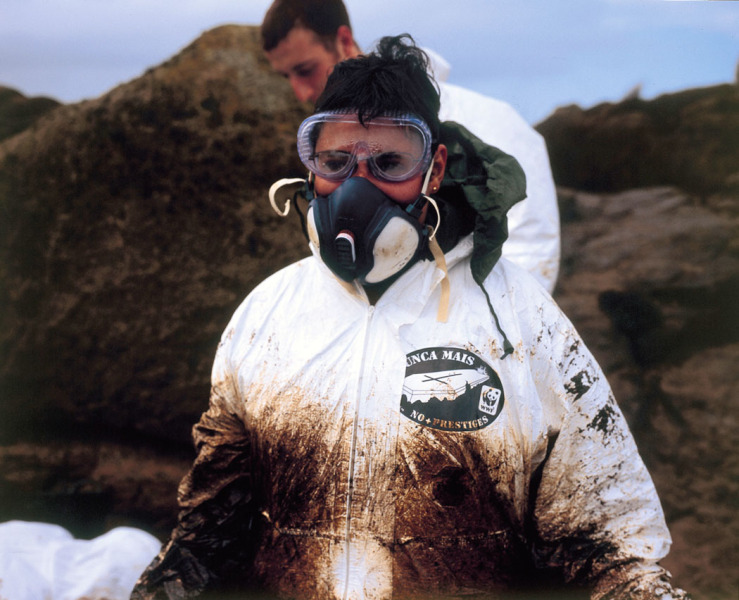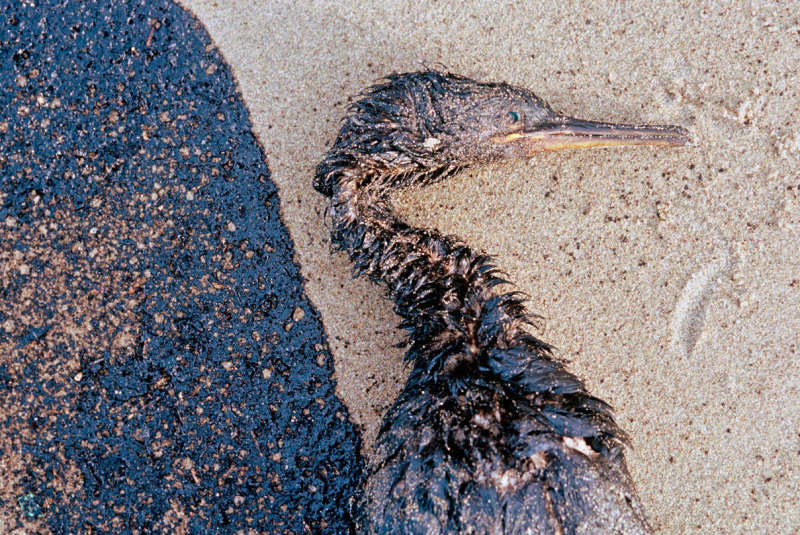What would an oil spill clean-up look like in the Great Bear?
In an effort to persuade Canadians, the people of B.C. in particular, that Enbridge’s Northern Gateway Pipeline is a good idea, our government is competing hard for a title that no one on Earth should hope to win: a gold medal in pretending it can clean up oil spills.
As it turns out, “world-class” performance for “success” of a clean-up operation is recovering about 15% of the oil. In the case of the BP Horizon Spill, it was closer to 3%. For the Exxon Valdez, the one closest to home, it was 8%. When it comes to oil spill clean-up – world-class sucks!

But what’s even more concerning, is that this already inadequate “world class” standard applies to oil that floats on top of the water. When we talk about the Northern Gateway Pipeline, we’re not talking about regular oil at all. We’re talking about diluted bitumen—a combination of diluent compounds and bitumen. And, as most scientists have pointed out, this stuff doesn’t float on top of the water. It sinks below the waves.
Once bitumen drops down into the water column, it’s almost impossible to find, much less clean up. If you remember 1988, you might remember the Nestucca incident. 5,500 barrels of heavy fuel oil spilled off the shore of Grays Harbor, Washington. It sank out of sight and no one could track it. Two weeks later, it washed up on the shores of Vancouver Island— 175 kilometers away. The toll on sea birds gives a window into the havoc: 56,000 of them died.

Another important difference between diluted bitumen and oil is that when diluted bitumen spills, the “diluting” compounds are released as toxic gases (the kind that made a lot of people sick in Kalamazoo). So not only will people not be able to see or track the spill, but chances are, it will take them days to even start trying.
In the context of this appalling record and technical ability, it kind of makes you wonder what counts as “world class” when it comes to oil spills. The answer seems clear. History will bestow victory on those countries that successfully protect their most precious places from oil spills. Not those that imagine they can do “the best possible job” cleaning them up.
If we really want to be world-class, we can start by identifying those places where spills will never be allowed to happen. The Great Bear Sea is one of them. Let’s take a stand. Add your name: askacanadian.ca
